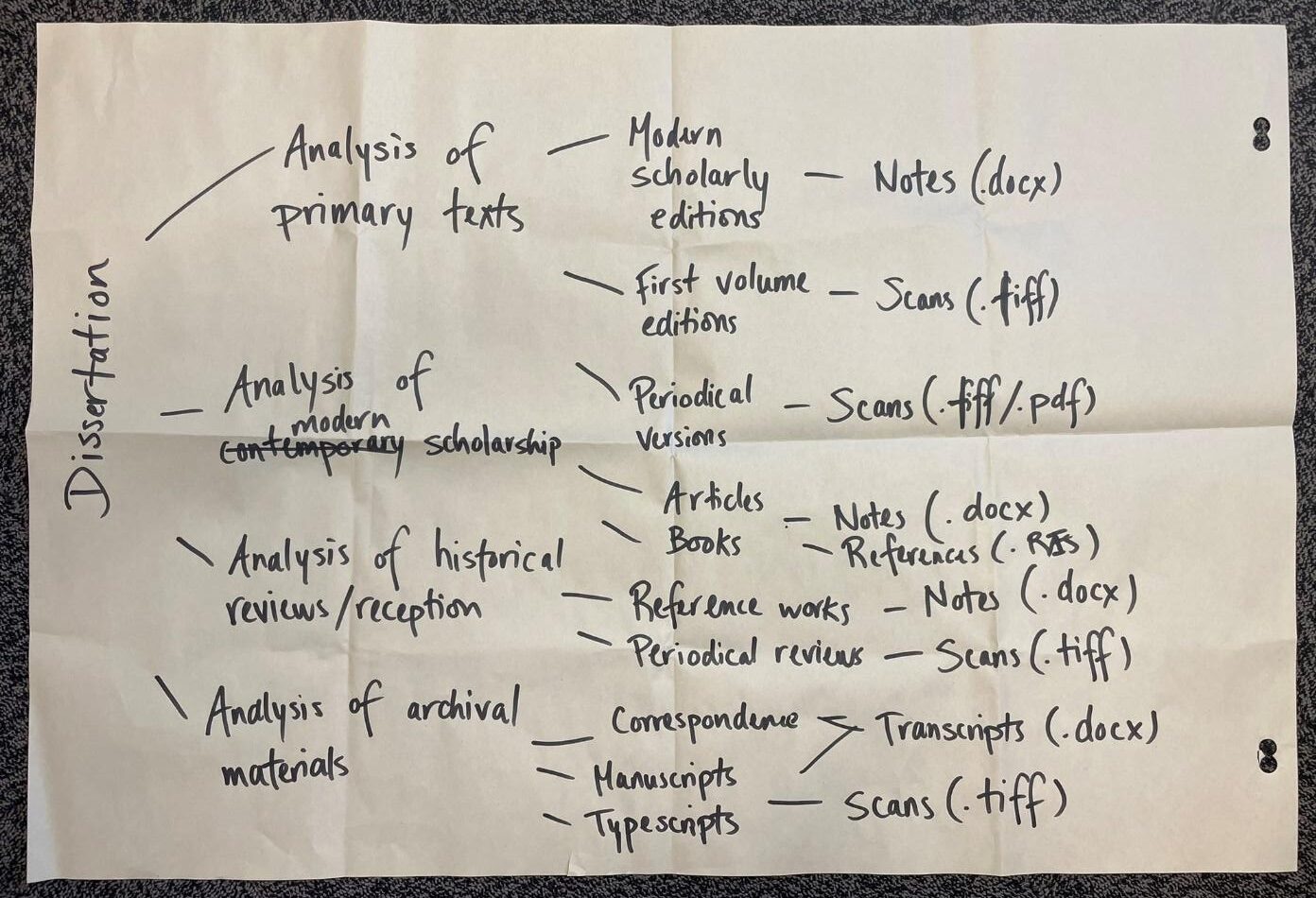Reflections on Creating a Cross-Campus Collaboration for Reproducibility
Challenges in reproducible research
The ability to reproduce results is a cornerstone of scientific integrity in academic research. Reproducibility in research ensures that results can be independently verified, thereby enhancing the credibility and reliability of findings. However, achieving reproducibility is not without its challenges. Researchers often grapple with organizing their analyses, learning new computational tools, and diligently documenting their data and methodologies.
These were some of the challenges raised during interviews with faculty at the University of Victoria (UVic) conducted in 2023-24 as part of our participation in the international “Building Campus Strategies for Data Support Services” project led by Ithaka S+R. This project, involving universities across the US and Canada, aims to create international benchmarking data on current data support services and develop recommendations for the future growth and sustainability of these services.
UVic Libraries and Research Computing Services sought to collaborate in this Ithaka S+R project as one proactive measure to better understand the needs and challenges of the researchers we support around data management and digital research infrastructure. Some preliminary findings from Ithaka S+R highlight the importance of coordinated research data services in addressing these challenges and, in particular, the need for support systems that can guide researchers through the complexities of data management and reproducibility.
Recognizing the critical need for more training in our own university to bridge the gap between theoretical reproducibility and practical implementation, we launched a new workshop series aimed at equipping researchers with the necessary skills and tools.
Recognizing the critical need for more training in our own university to bridge the gap between theoretical reproducibility and practical implementation, we launched a new workshop series aimed at equipping researchers with the necessary skills and tools. The series covers challenges and ideas involved in improving research reproducibility, including the storage, sharing, and management of software and data.

Dr. James Clay instructing on how to handle missing data at UVic Libraries.
Reproducibility for all
Our workshop series “Reproducibility for All” seeks to cover a broad spectrum of topics essential for reproducible research. Featuring researchers, research computing specialists, and librarians as instructors, our curriculum involves participants in hands-on learning. Topics cover a range of issues throughout the research lifecycle, from handling missing data to preserving research software.
To close the series, UVic faculty will participate in an interdisciplinary panel discussion to share their experiences with reproducible workflows, contributing to a practical and collaborative learning environment.

Data inventory of an English PhD thesis, completed by a participant in our RDM in the Humanities workshop.
Workshop series impact and future directions
Facilitating this series as a collaboration between data service portfolios has provided opportunities for discussion, unique perspectives, and brainstorming. As Research Computing and the Libraries’ data services typically interact with research projects at different stages of the research data lifecycle, and sometimes with different research groups, it’s beneficial to understand the services and tools our portfolios offer in greater detail, as well as the problems and challenges faced by the research groups. This opportunity to share perspectives was initiated during the interview process in the Ithaka S+R study; and now the workshop series enables us to expand and learn more about common themes.

Promotional poster for Reproducibility for All series
One finding that stood out during Ithaka S+R’s December 2024 cohort update was that researchers also view themselves as providers of data services. This of course makes sense, whether through formal course instruction or via more informal mentorship of students. Greater awareness and involvement in each other’s research and teaching strengthens support on campus and yields even further opportunities for collaboration.
Moving forward, we recognize the importance of integrating the reproducibility workshop series with other ongoing workshops, such as those focused on Open Science and practical data skills. By identifying common themes between new and existing workshops, we can create sustainable pathways that enrich the learning experience for participants beyond the completion of this series. We hope this approach will deepen participants’ understanding of reproducibility while equipping researchers with the skills needed to promote equitable, accessible, and inclusive scholarship.
As the workshops unfold over the coming months, their impact will extend beyond individual participants. By supporting reproducibility, our goal is to transform the broader research culture across our campus. There are many benefits of more reproducible research, including advancing research excellence, increased transparency and trust in the academy, and accelerating knowledge transfer. And through developing this type of comprehensive training and support, we hope to set a model for working together and for more collaboration in research services to follow across campus.